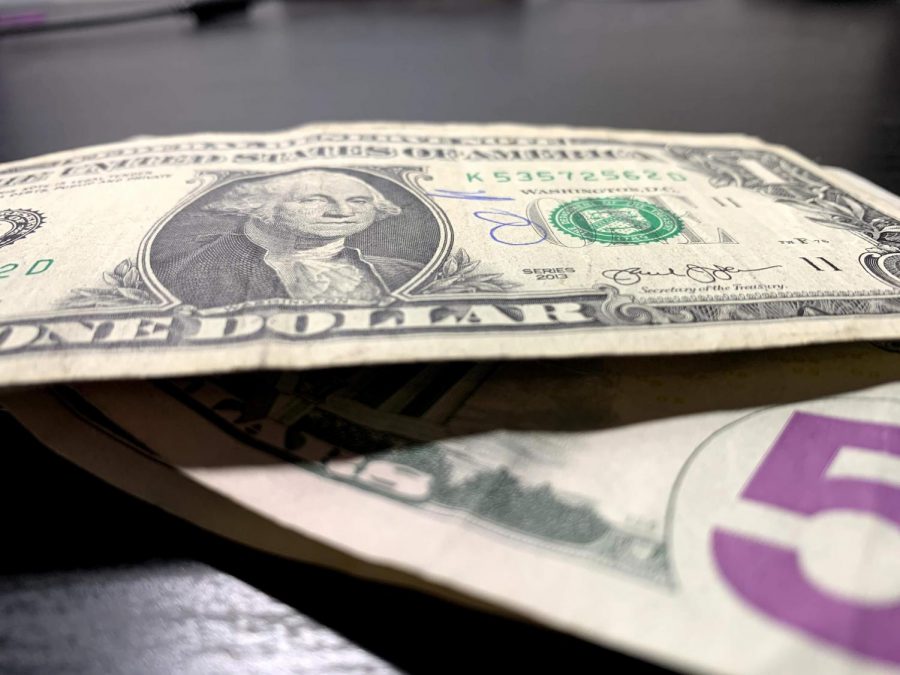U.S Senate Proposes Cash Payments after Coronavirus Concerns Escalate
March 25, 2020
The COVID-19 pandemic, better known as the Coronavirus pandemic, has wreaked havoc throughout the world since its spread over a month ago. It has affected the world’s economy, global markets, the stock market, institutional lending and the daily lives of humans across the globe.
In anticipation of the pandemic as it spreads across North America, citizens in New York and across the nation have been mandated by our governmental offices on the federal and local levels to take appropriate precautions to slow the spread of the virus; schools and places of worship have closed, businesses and restaurants have closed or have severely cut back on production. This has significantly impacted employees which prompts further hindrances to the U.S economy. Coronavirus concerns from a national perspective have imposed immeasurable threats to the economy, sparking controversy for the U.S’s next steps towards recovery which involves financial planning around the federal circuit.
This past Thursday, Senator McConnell of Kentucky released the Senate’s proposal for a new emergency financial plan, combating the economic destruction brought on by COVID-19’s drastic effects. Further, President Trump’s one trillion dollar economic stimulus plan involves direct cash payments and stimulus checks. Stimulus checks send money to taxpayers by the U.S government. With the catastrophic effects of COVID-19 ranging far beyond the infected, the policies of social distancing have forced members of the working class to be put out of work, therefore placing strains on their income.
This plan has the full intention of spurring the economy. When taxpayers, ranging in any bracket, spend this government-sponsored money, it propels revenues at manufacturers and boosts consumption, ultimately allowing economic stimulation. The Senate’s discussion thus far includes providing families with checks up to $1,200 as assistance during this global crisis. Discussions have ensued, in which families without tax liability would potentially limit their payment amounts, as payments would be based on income.
However, in the Senate, several disputes arose when determining the efficiency of this plan. Some conservatives expressed that when Republican leaders use this plan, low-income households would be targeted. Others completely opposed the imposition of cash payments on the economy. As of now, Democrats are formulating their own ideas for a more effective economic recovery plan, in which corporate loan programs are to be dismissed. It is apparent that due to this overwhelming controversy, Congress’s rate of finalization for a concrete stimulus plan may be stunted. Nonetheless, it is imperative that the threats set forth by COVID-19 are resolved in an orderly, effective manner, in which the economy can recover during this time of uncertainty in American society.



